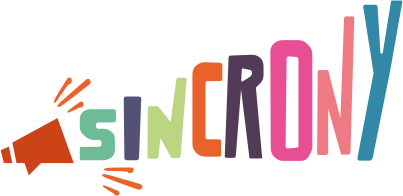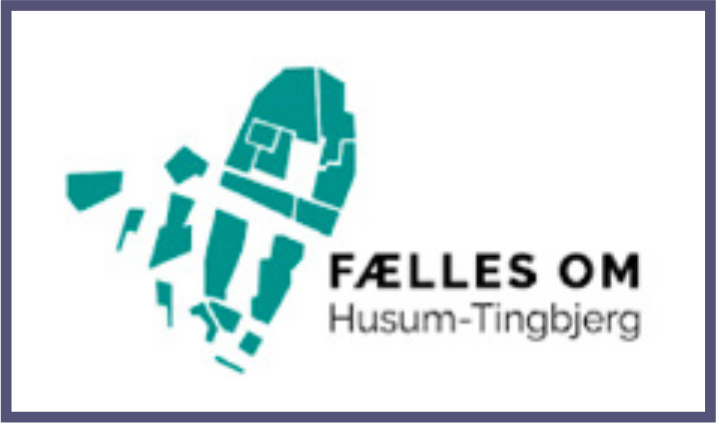Denmark
Community case
About the area / country
Husum-Tingbjerg, Denmark
At the end of the 1960s, the composition of the population in Tingbjerg changed. The housing estate had relatively few large family homes, and with the significant increase in welfare in the 1960s, it became financially feasible for many families to purchase a detached house with a garden. As a result, many of the original residents moved away from Tingbjerg, leaving many apartments empty. Social housing gained a more negative image among parts of the population. Like other social housing areas, Tingbjerg gradually came to house a growing number of immigrants, residents on welfare, and other disadvantaged groups.
Tingbjerg has been associated with integration problems and has for a number of years appeared on the government’s official lists of particularly disadvantaged residential areas. In 2022, however, the area was removed from the list due to too high incomes, lower crime rates, and fewer residents outside the labor market – all defining criteria for deprived residential areas.
On January 1st 2022, 6,236 people lived in Tingbjerg parish with 79% of these being immigrants or descendants of immigrants by 2020; the highest proportion among all parishes in Denmark.


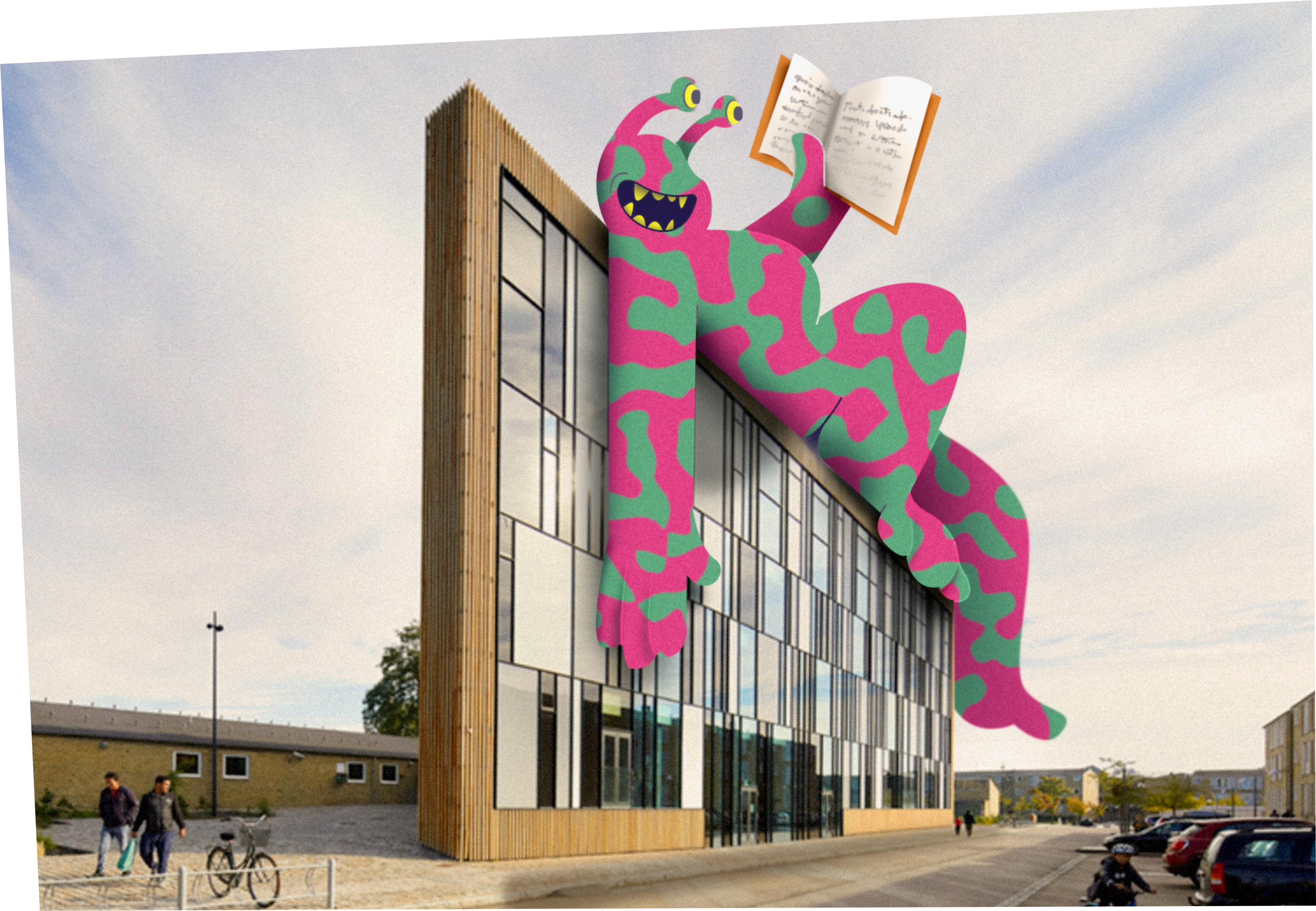
About the organization(s)
Information about the organizations, schools, municipalities, etc., where the pilots are being conducted.
Fælles om Husum-Tingbjerg in collaboration with ActionAid Denmark
Fælles om Husum-Tingbjerg (Together for Husum-Tingbjerg) is a comprehensive social housing initiative that encompasses 18 housing departments across three different housing associations. The project is administered by FSB (formerly ‘Foreningen Socialt Boligbyggeri’ which translates to ‘The Social Housing Association’).
Fælles om Husum-Tingbjerg works to foster community engagement and promote active societal participation. The initiative supports educational efforts to improve the academic performance of children and youth, increasing school readiness and encouraging continued education. The master plan covers 18 housing departments within FSB, AAB, and SAB, covering a total of 5,008 homes and approximately 10,600 residents.
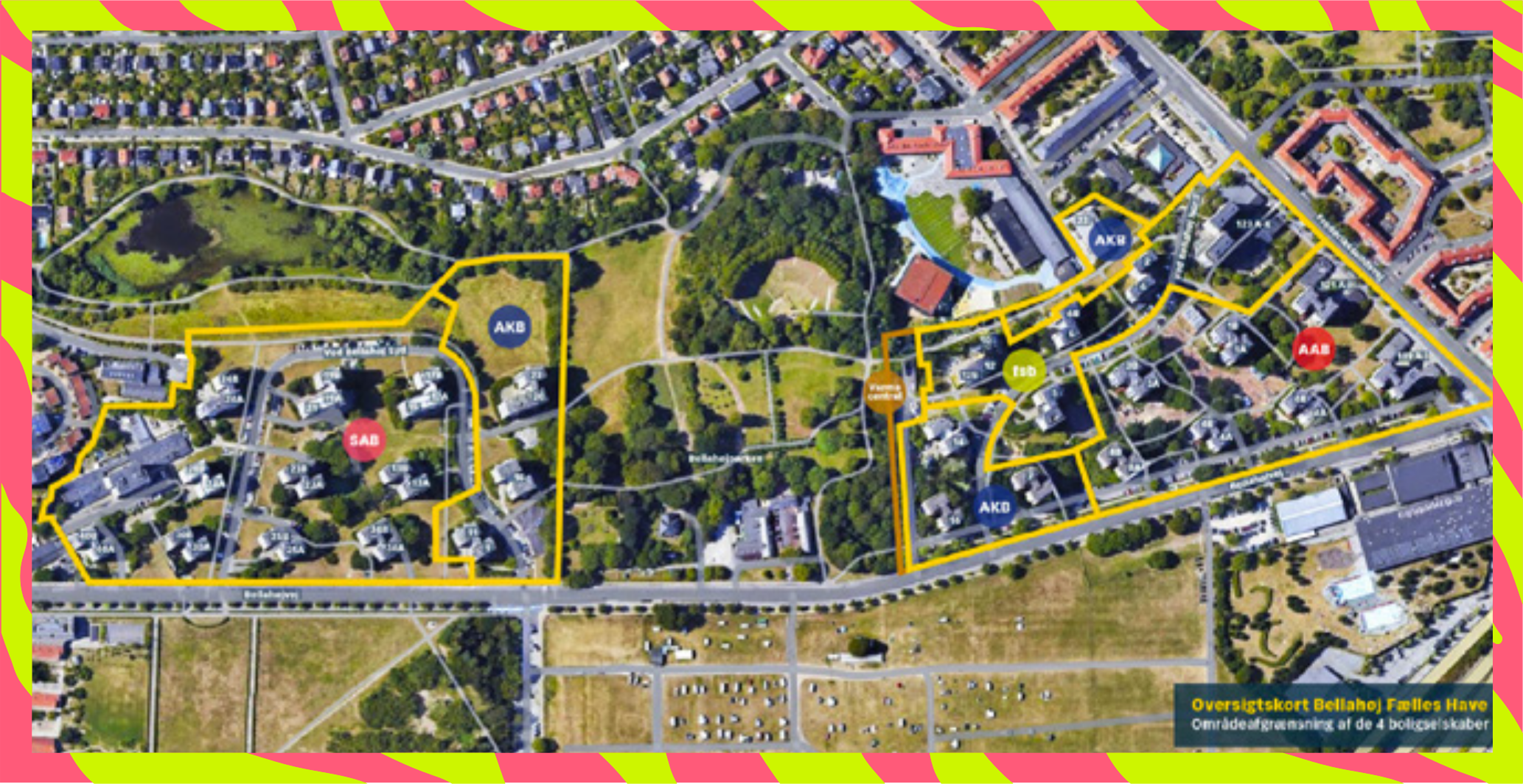
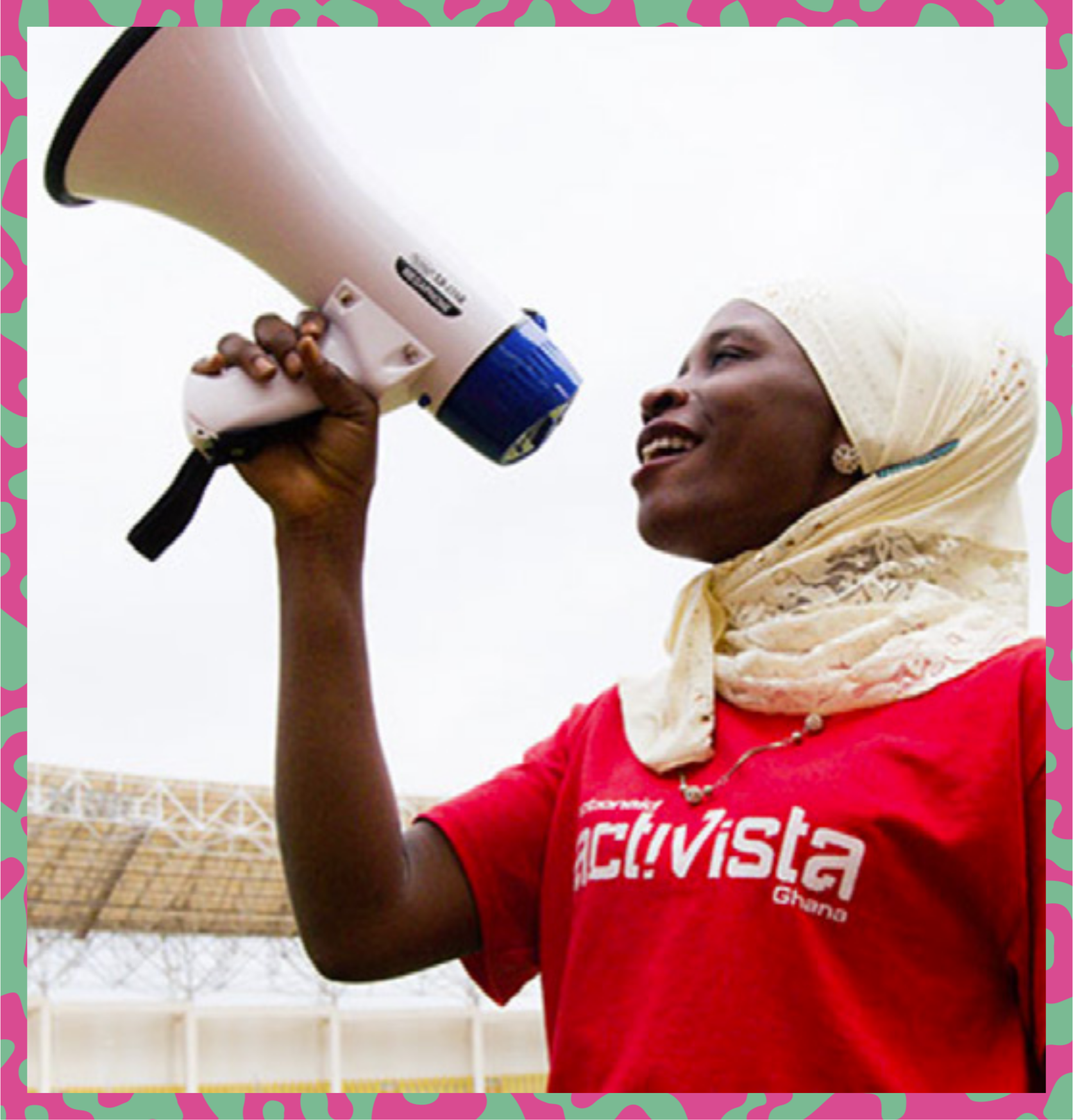
ActionAid (Mellemfolkeligt Samvirke) collaborates with the social housing initiative Fælles om Husum-Tingbjerg to engage young people in local communities, including through Tingbjerg Ungefællesskab. ActionAid contributes its experience in supporting young people in disadvantaged residential areas in projects as Fælles om Husum-Tingbjerg.

ActionAid Denmark work to promote democracy and strengthen the influence of vulnerable and underserved groups whose rights are at risk. Their activities focus on supporting young people in advocating for their rights and contributing to the development of democratic and sustainable societies. They assist young people in building their capacity to express their views and engage in dialogue with decision-makers to advocate for social and environmental justice.
As part of the international federation ActionAid, they operate in more than 45 countries and engage directly with over 25 million people affected by poverty and inequality. Founded in 1944, they continue to operate globally within these fields.

Focus areas in FSB’s comprehensive social housing plans
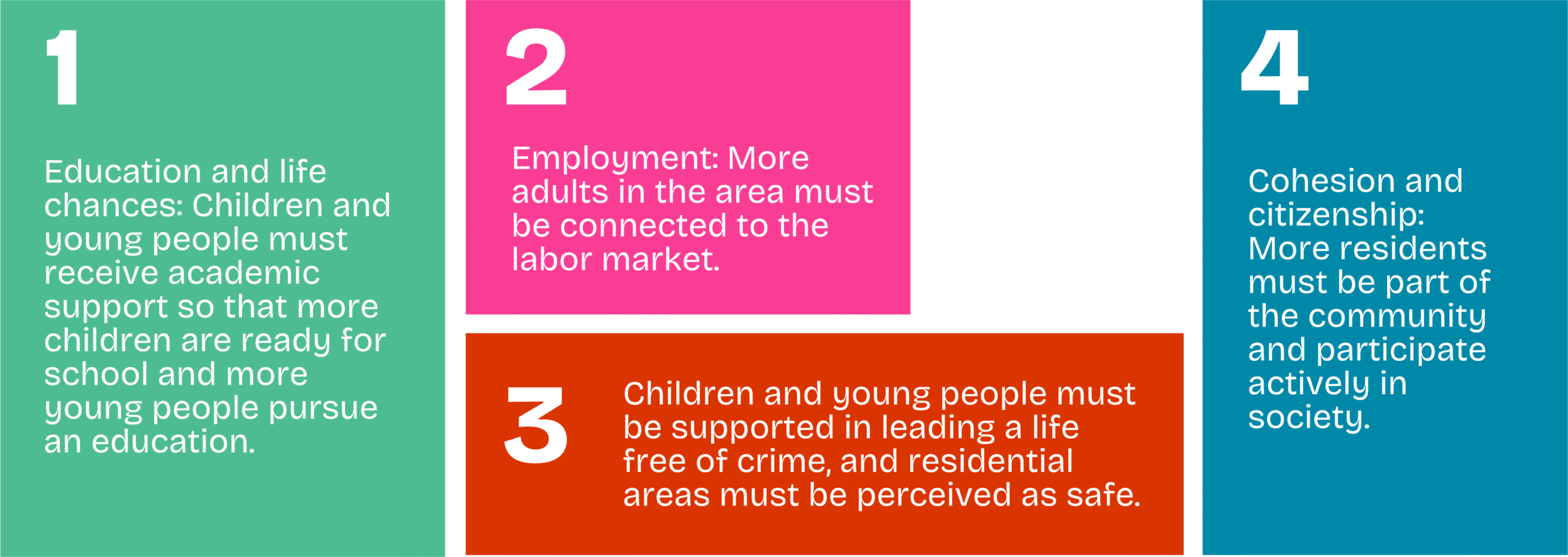
1
Education and life chances: Children and young people must receive academic support so that more children are ready for school and more young people pursue an education.
2
Employment: More adults in the area must be connected to the labor market.
3
Children and young people must be supported in leading a life free of crime, and residential areas must be perceived as safe.
4
Cohesion and citizenship: More residents must be part of the community and participate actively in society.

For more information visit
Pilot Fælles om
Husum-Tingbjerg
Phase 1
Furthermore, the SINCRONY research group in Denmark has translated and contextualized the SINCRONY ‘Youth Intersectional Participatory Action-Research and Democratic Deliberation’ training program into a toolbox that fits into the cultural context of Danish schools and organizations working with youth and invited all participants in the YCO network in Denmark to reflect, discuss, and give feedback on the toolbox and training course for professionals. The training material is to be further developed during the next phases and will be delivered to the partner at the end of the I-PAR-D process. This phase runs from September 2025 until December 2025.
Phase 2
However, the toolkit will continuously be an object of reflection and discussion with the professionals for the purpose of both evaluation and implementation.
Phase 3
School case
About the city / area / country
Brøndby, Denmark
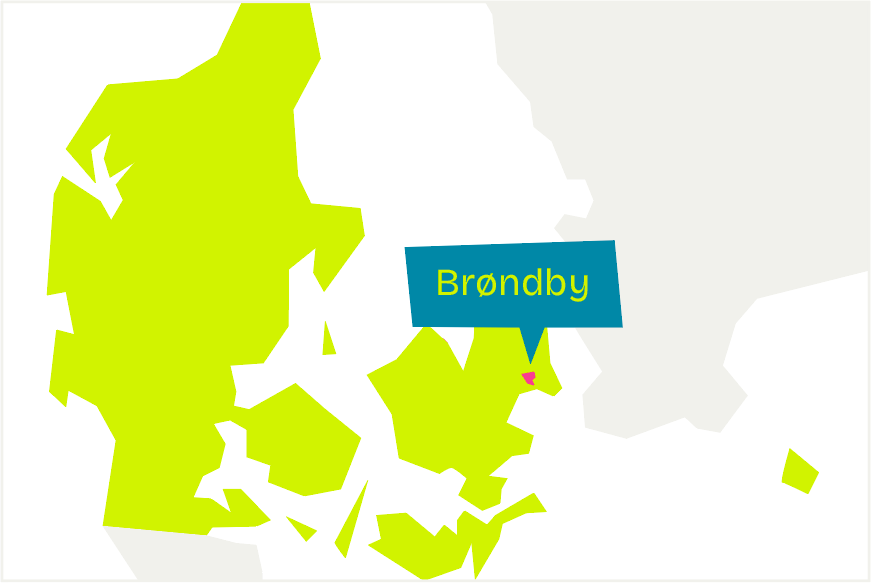
About the school

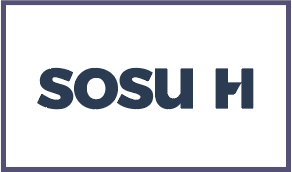
For more information about this school
visit https://sosuh.dk/

Pilot
Phase 1
Furthermore, the SINCRONY research group in Denmark has translated and contextualized the SINCRONY ‘Youth Intersectional Participatory Action-Research and Democratic Deliberation’ training program into a toolbox that fits into the cultural context of Danish schools and organizations working with youth and invited all participants in the YCO network in Denmark to reflect, discuss, and give feedback on the toolbox and training course for professionals. The training material is to be further developed during the next phases and will be delivered to the partner at the end of the I-PAR-D process. This phase runs from September 2025 until December 2025.
Phase 2
In this phase, it is crucial to underline that both the students and the teachers influence which methods they work with, what problems will be identified as relevant to continue exploring and combating, and how to apply the methods, as the processes are meant to be youth-led while still needing to fit into the curricula and activities in the scheduled everyday life in the school. However, the toolkit will continuously be an object of reflection and discussion with the professionals for the purpose of both evaluation and implementation.
Phase 3
Contact
information
Maria Bruselius-Jensen
(Associate professor, Aalborg University): mariabj@ikl.aau.dk
